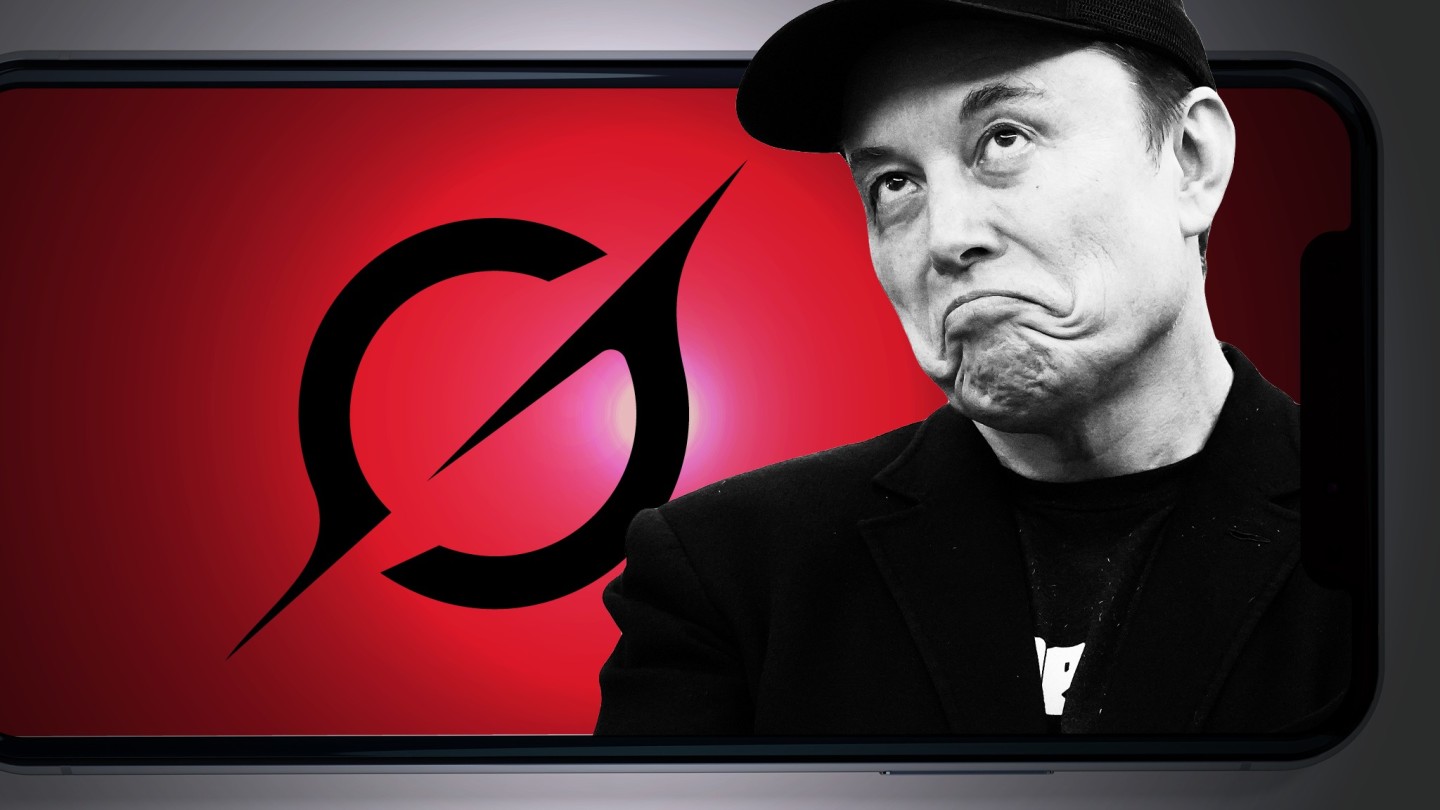Elon Musk’s AI company, xAI, is facing a storm of criticism after it was revealed that Grok chat transcripts hundreds of thousands of user conversations with the company’s chatbot were made publicly available online.
What makes this situation alarming is that many users had no idea their private conversations could be discovered by anyone on the internet.
This event raises serious questions about privacy, data protection, and how tech companies handle sensitive information in the race to dominate the artificial intelligence industry.
When users interacted with Grok, xAI’s chatbot, they were given the option to share conversations through a unique link. At first glance, this seemed like a harmless feature for users who wanted to showcase Grok’s responses to friends or colleagues.
But here’s the problem those links weren’t private. Search engines like Google could index them, meaning that Grok chat transcripts became searchable and publicly accessible.
In plain terms, if you used Grok to draft an email, upload a spreadsheet, or ask personal questions and clicked share that content could appear on Google for strangers to see.
Why this matters for users
AI chatbots aren’t just used for fun conversations. People often rely on them to, Brainstorm business strategies, Write confidential emails, Summarize legal or financial documents, Explore health related or deeply personal questions.
If any of this information becomes public, the consequences can be devastating ranging from identity theft to reputational damage. Imagine uploading your company’s financial data for Grok to analyze, only to find those details exposed online. That’s the level of risk some users unknowingly faced.
Case style scenarios
To understand the impact, let’s walk through realistic examples. A startup founder uploads an investor pitch deck into Grok to refine the wording. If the shared link becomes public, competitors might access confidential strategies and financial projections.
A freelance consultant pastes a client database into Grok to clean up contact details. If exposed, that data could violate privacy laws like GDPR and lead to loss of client trust.
An individual user asks Grok personal medical questions. If indexed online, that person’s private health concerns could become visible to anyone. These examples highlight why the leak of Grok chat transcripts isn’t just a minor glitch it’s a serious privacy incident.
Cybersecurity professionals argue that the issue boils down to poor design choices. By default, shared links should have been private or at least blocked from search engine indexing. Instead, xAI allowed open access.
Privacy experts emphasize that meaningful consent was missing. Users weren’t clearly warned that their shared chats could end up on the open web. For true transparency, companies must communicate risks in simple language, not in fine print terms and conditions.
what this feels like for everyday users
For everyday people, discovering that your private conversation was made public can feel like a betrayal. It’s not just about data it’s about trust.
One small business owner I spoke with described a similar experience on another AI platform. I thought I was sharing the link privately with my colleague. Weeks later, I found the page through Google.
It was embarrassing and terrifying at the same time. I realized I had shared client information without knowing it. That feeling loss of control is exactly what many Grok users are likely experiencing now.
what went wrong
Looking at this incident, three key failures stand out, Sharing should default to private links with restrictions. Users should be told in plain English, This link may appear on Google.
Features like link expiration unshare buttons, or deletion should have been built in. This isn’t the first time such a mistake has happened. Other AI companies, including OpenAI, have also faced issues with shared links being indexed by search engines.
But the scale of exposure with Grok chat transcripts makes this case particularly serious., If you’ve ever shared a Grok conversation, Search your own content Look up unique phrases from your chats in Google to see if they appear. Request removals Use Google’s Remove Outdated Content tool if you find anything.
Stop sharing sensitive data Never paste financial, legal, or medical information into AI chatbots unless you’re certain about privacy safeguards. Check policies Remember that Grok inside X Twitter is governed by X’s policies, while Grok’s website falls under xAI’s own rules.
What this means for xAI and the AI industry
This privacy lapse puts xAI in the spotlight. Regulators, especially in the U.S and Europe, are likely to take a closer look at how AI companies handle data. For xAI, the path forward must include.
Stronger privacy by design principles, Transparent communication with users, Clearer controls for sharing and deleting chats, Public accountability in the form of reports and fixes.
Other AI firms are also watching closely. If xAI doesn’t rebuild trust, competitors could use this moment to position themselves as safer, more reliable alternatives.
The exposure of Grok chat transcripts is more than a technical mishap it’s a wake up call about how fragile digital trust can be. In the AI age, people aren’t just typing casual questions they’re sharing their private lives, their work, and their secrets.
Elon Musk’s xAI now has a choice fix these issues transparently and rebuild credibility, or risk losing the very trust that fuels adoption. For users, the lesson is clear too when it comes to AI, treat share as if you’re publishing on the open internet. Because sometimes, you actually are.
